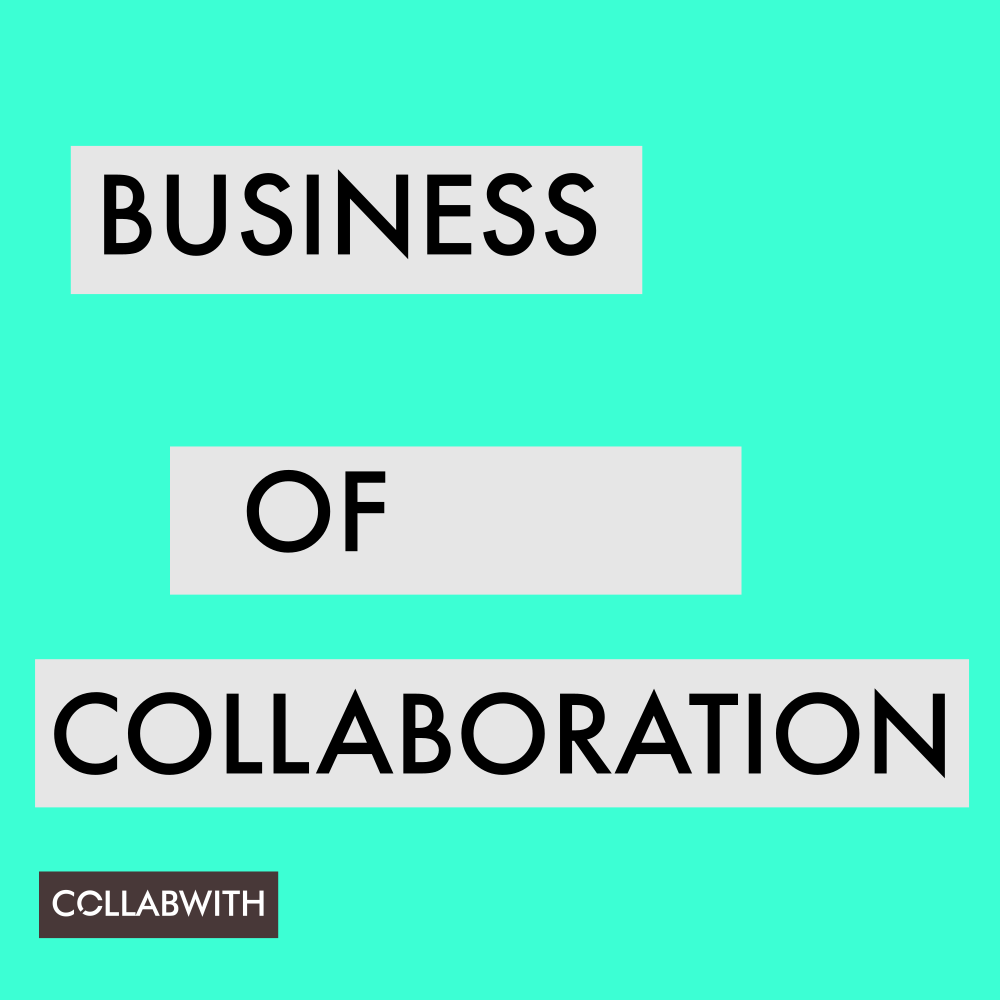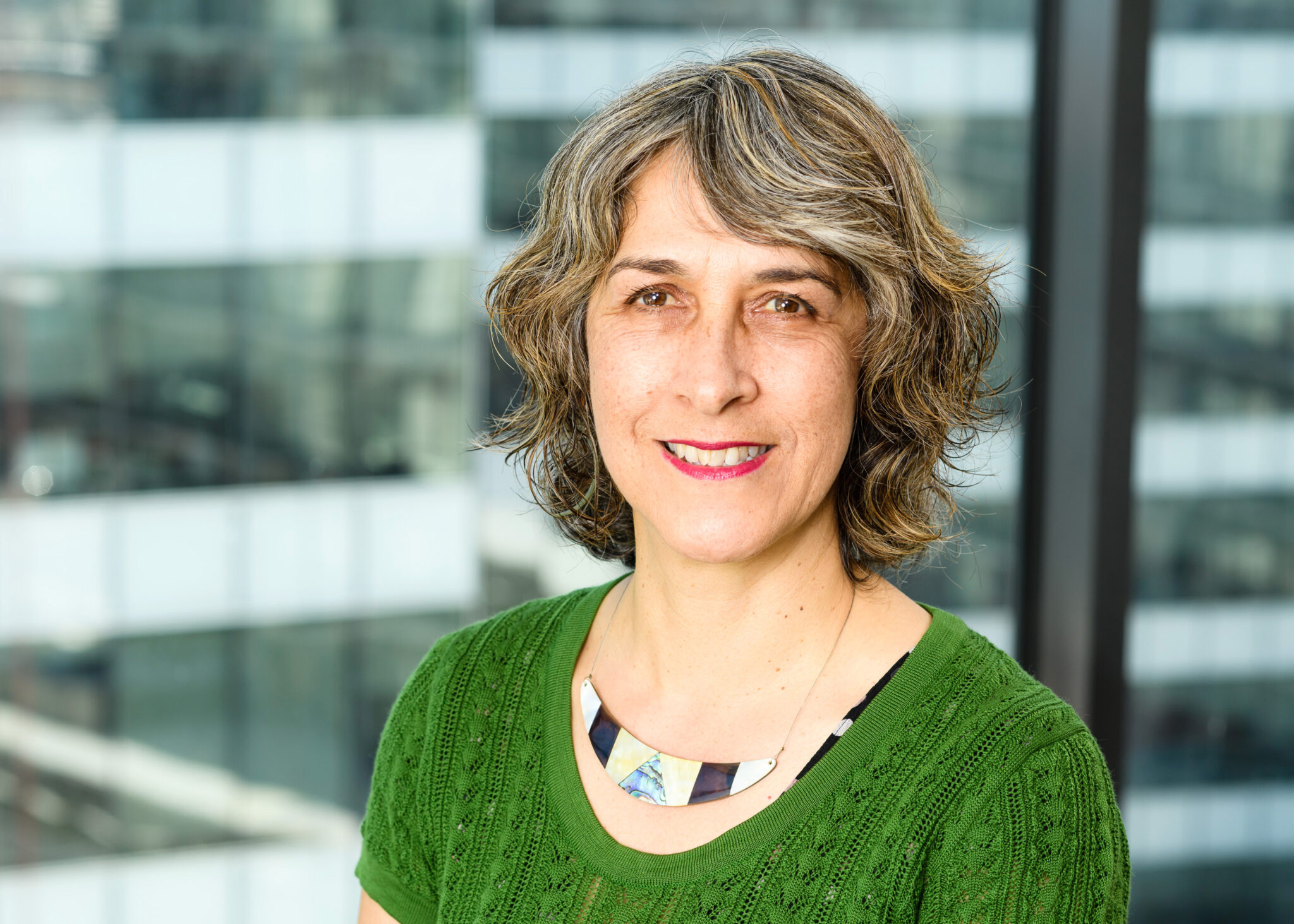We are glad to present to you a special edition of our business of collaboration podcast. During three podcasts we will interview 3 keynote speakers of the ISPIM conference in Ottawa, Canada in April.
ISPIM is the International Society for Professional Innovation Management. Its members represent many sectors, including the research, industrial, consulting and public sectors. The conference in Ottawa addresses three critical challenges that are also of global importance:
- Scaling start-ups
- Adopting AI and Analytics
- Innovating with Government
This is our first Business of Collaboration podcast together with ISPIM Ottawa Conference, we interviewed Prof. Katharina Ruckstuhl, Associate Dean Māori at the University of Otago’s Business School and Senior Management Team Research Lead & Kahui Maori at Science for Technical Innovation.
We will talk about inclusive innovation, how Maori community integrate technology using Inclusive Innovation techniques, we will discuss that for a successful collaboration between professors and business leaders it’s key to estimate the level of knowledge of both parties, Also it’s key to create a good relationship and keep a fluent communication during this collaboration.
We recorded an online podcast between Munich, in Germany, Leiden, in the Netherlands and Otago in New Zealand with almost 12 hours difference between Katharina and us.





Podcast: Play in new window | Download
Subcribe to our podcast Business of Collaboration on Stitcher, iTunes, Android or via RSS
In this section, we want to highlight the main lessons learned from our podcast conversation and create a snapshot of these interesting conversations with bright minds by providing easy key points and categories.
“Inclusive innovation in New-Zealand is about how do we include people who are not normally included in innovation, to share their knowledge”
ABOUT INCLUSIVE INNOVATION
- Inclusive innovation is about how we can change the nature of science and include other ways of thinking and the science itself will be more diverse.
- Inclusive innovation can mean different things to different people depending on the area of interest.
- To me, inclusive innovation has three components; Economic, equality and equity and knowledge.
- The economic component, which is how do you include, people or groups that perhaps are not normally part of the innovation process. It is how we include them so that you get economic development.
- Equality and equity from a different perspective; technological innovation has huge benefits, but there are also some downsides. In particular, people who are not included in the benefits. The question is how we do ensure that (technological) innovation benefits people who are not benefitting at the moment.
- Inclusive innovation in New-Zealand is about how do we include people who are not normally included in innovation, to share their knowledge.
“We have to change people’s thinking in order to get better knowledge share”
- Inclusive innovation leads to knowledge sharing, which is a good thing because it diversifies who we think about science and technology.
- We don’t to be so worried about robotics. It is just a lot of benefits from it.
- The three components the economic, the social or the equity and then the knowledge. They enter a line with each other but depend on who is doing the innovation and what type of difference they are using.
- Inclusive innovation is applied to countries that can be described as southern-countries or third-world countries.
- It’s a developmental perspective particularly coming countries that need developing because they are not so successful economically.
- It is about giving everybody an opportunity and about expanding knowledge.
“Inclusive innovation leads to knowledge sharing, which is a good thing because it diversifies who we think about science and technology”
ABOUT COLLABORATION
- Relationships are important in innovation. And the question is how we do include and inclusiveness people thinking in knowledge to upstage science technology.
- Now we’re starting to see how we might share knowledge more rapidly within the business and science world.
- Accelerate what we’re doing but also be able to say: “This is your domain but together we’re going to create something interesting.”
“It is about giving everybody an opportunity and about expanding knowledge”
- Acknowledge the difference and find a way to take the opportunity to work together on innovation systems that can either be used by a business or in more widely terms.
- Hire startup to be part of the projects was a good choice. Some start-ups start to show how to work together and they have identified some outside challenges.
- We have to change people’s thinking in order to get better knowledge share.
- Sometimes people say it is the solution looking for a problem. So try if you like.
“This is your domain but together we’re going to create something interesting”
Prof. Katharina Ruckstuhl


